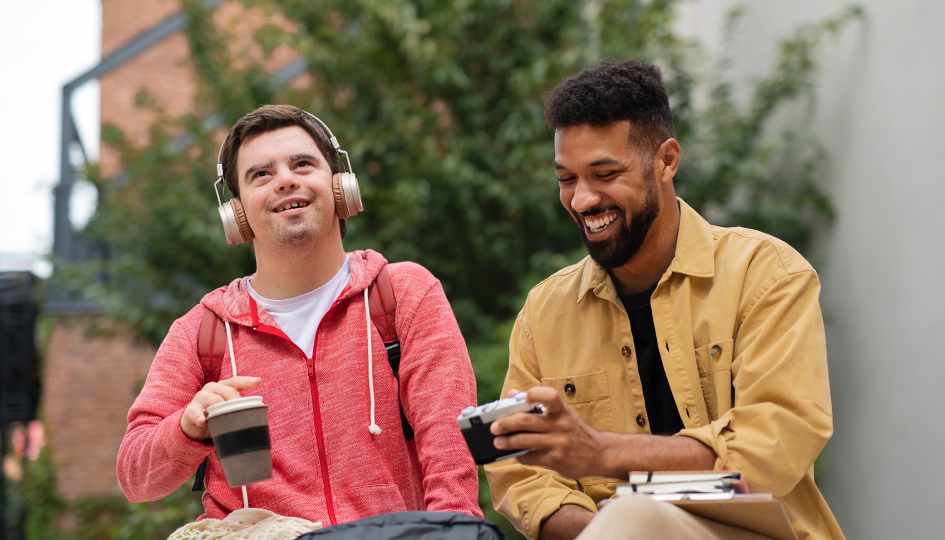10 avril 2024
Quels services sont offerts aux PÉSH dans les établissements postsecondaires ?
L’AQEIPS travaille présentement sur un projet de recherche avec l’aide du Service aux collectivités de l’UQAM (SAC) qui a pour mandat d’augmenter les possibilités d’engagement communautaire pour les personnes étudiantes de l’UQAM.
 Plus de détails
Plus de détails




